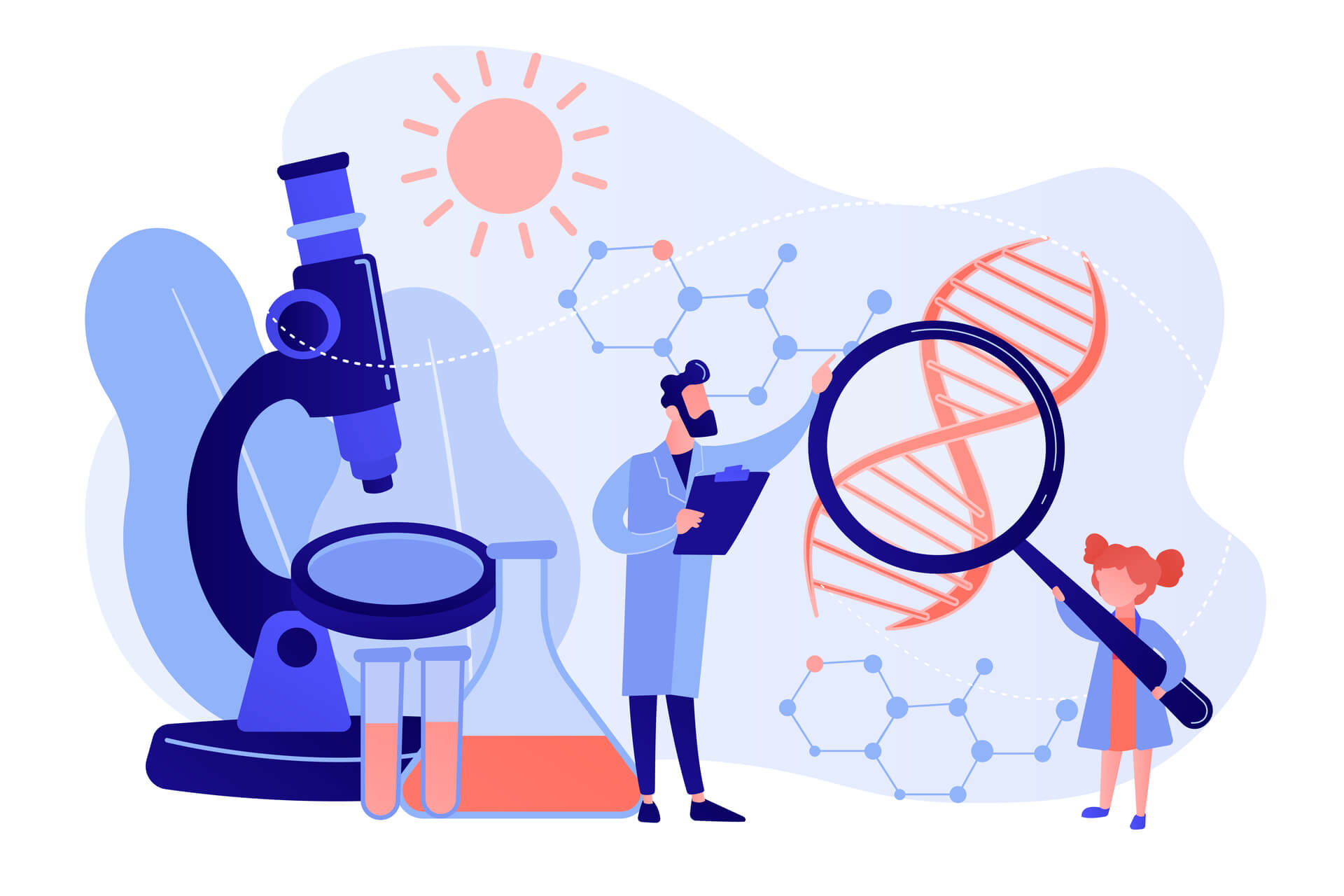

The overall goal of the CLASSiC project is to facilitate the rapid deployment of accurate and robust spoken dialogue systems that can learn from experience. The approach is based on statistical learning methods with a unified treatment of uncertainty across the entire system (speech recognition, spoken language understanding, dialogue management, natural language generation, and speech synthesis).
This will result in a modular processing framework with an explicit representation of uncertainty connecting the various sources of uncertainty (understanding errors, ambiguity, etc) to the constraints to be exploited (task, dialogue, and user contexts). The architecture supports a layered hierarchy of supervised learning and reinforcement learning in order to facilitate mathematically principled optimisation and adaptation techniques. It is being developed in close cooperation with our industrial partner in order to ensure a practical deployment platform as well as a flexible research test-bed.
The CLASSIC project aims at a qualitative leap in the robustness, flexibility, efficiency and naturalness of spoken dialogue systems, through new technologies based on the paradigm of computational learning and statistical modelling.
The project is expected to produce new mathematical models and computational techniques for spoken language understanding, dialogue management, and natural language generation. It will produce 4 different “showcase” spoken dialogue systems illustrating these advances, and it will provide new software and corpora for the future development of statistical spoken dialogue systems. Computational learning techniques will also be integrated with industry standard dialogue system development tools used by our industry partner, France Telecom/Orange Labs.

For end users (i.e. members of the general public and professionals who will use spoken dialogue systems in the future) the impact of CLASSiC will ultimately be more useable, robust, and efficient human-computer spoken dialogue interfaces, which are context-aware and adaptive.
CLASSiC therefore develops key technology and tools which will help meet some of the general goals of the ICT programme in FP7 – tools for the delivery of information technology to different individuals in a natural, user-tailored, adaptive, and intuitive manner. Speech interfaces are inherently inclusive in their support for non-expert (and even illiterate) users, who are only required to have basic spoken conversational skills in order to interact with IT services and devices.
One potential impact of CLASSIC is the development of a new paradigm for generic technology which will enable human-computer interaction in a conversational, user- adaptive manner, based on the user and their situation. This type of technology contributes to the EU’s objectives of providing European citizens with more efficient, robust access to IT services, and removing educational and linguistic barriers.
CLASSiC System demonstrations:

Scottish Informatics Research for SMEs, 2008

Cambridge, Sept 2009

December 2009

March 2010

Brussels, September 2010

Zurich on 8-10 February 2010
CLASSiC, 2024 © All rights reserved